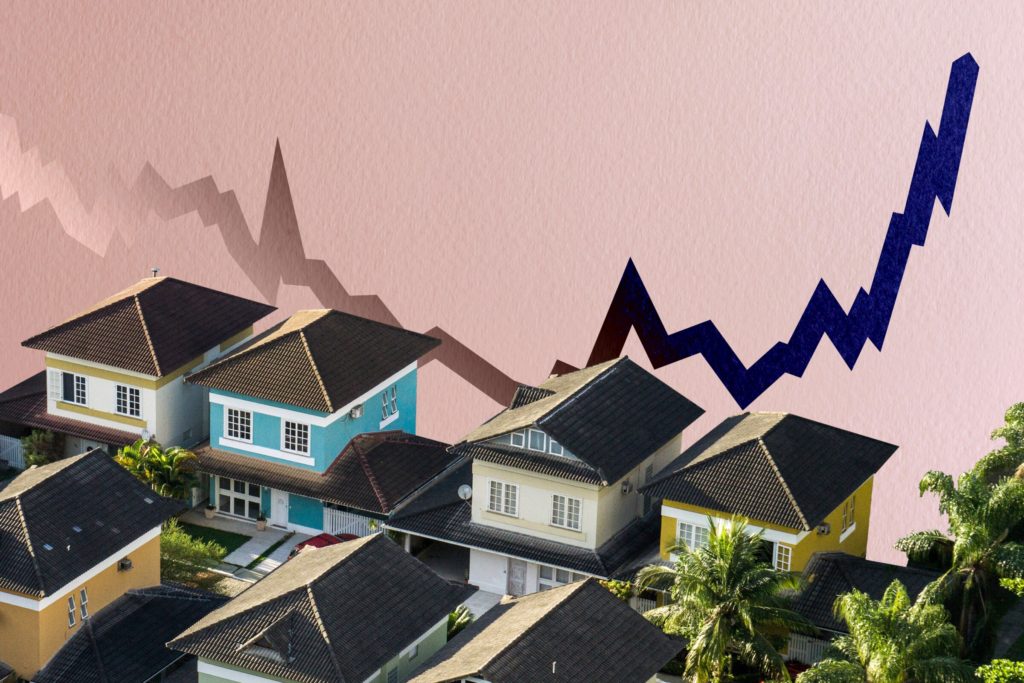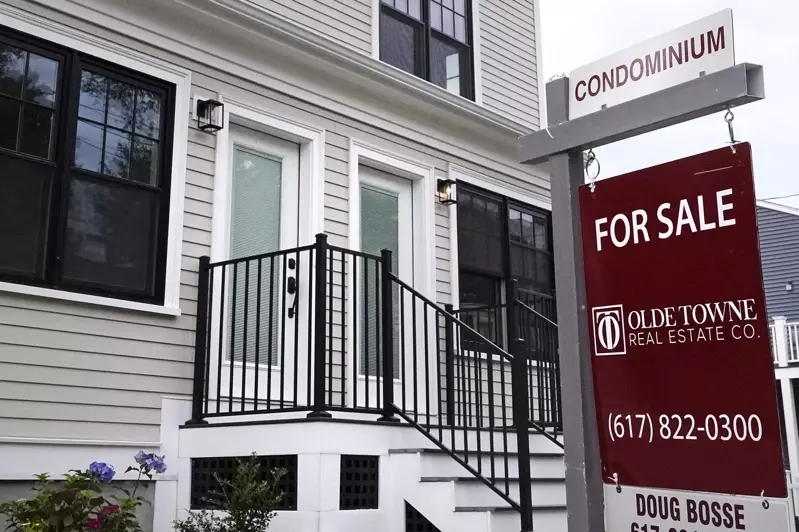
Source: Fortune
Inflation is hitting consumers hard, with prices rising at their fastest rate in four decades. Both the Federal Reserve and the White House have made countering runaway inflation their top economic priority by steadily raising interest rates, but it seems that some degree of economic decline within the next two years is all but inevitable.
The biggest fears are that a contraction in 2023 might match the impact of the Great Recession. But this isn’t 2008, and there is one crucial economic metric that could prove to be the difference-maker between a severe recession and a moderate one: the red-hot U.S. housing market.
In its latest economic and housing outlook report, mortgage giant Fannie Mae concedes that a “soft landing” for the economy—wherein inflation dissipates without forcing a significant decline in economic activity—is now doubtful. But because of the housing market, a “modest recession” will likely be on the cards for the latter half of 2023.

Demand for new homes will likely continue to outpace supply in the near future, which will be a driving factor in keeping prices and economic activity high through to 2023, according to the company.
Home prices are expected to keep rising for the foreseeable future, albeit at a slower rate than they have in the recent past due to higher mortgage rates tempering demand.
“Mortgage rates have ratcheted up dramatically over the past few months,” Doug Duncan, senior vice president and chief economist at Fannie Mae, said in a press release. “Consequently, we expect home sales, house prices, and mortgage volumes to cool over the next two years.”
In light of the higher mortgage rates, home prices are expected to rise 14.9% between March 2022 and March 2023, according to a recent forecast by online real estate company Zillow, down from its 17.8% price rise prediction last month.

This deceleration of prices will likely lead to a slowdown in activity—there is already some evidence of home prices cooling—but it likely won’t be enough to see the housing market contract and crash as it did in 2008.
In the months leading up the Great Recession, the U.S. housing market had already flipped from a historic run into a slum. That’s not the case right now: Home prices continue to surge, with prices up 19.2% year over year.
That might not be great news for prospective homebuyers who have to navigate high prices and fervent competition, but from a macro perspective, a strong housing market could be what pulls the U.S. back from a dire recession.


